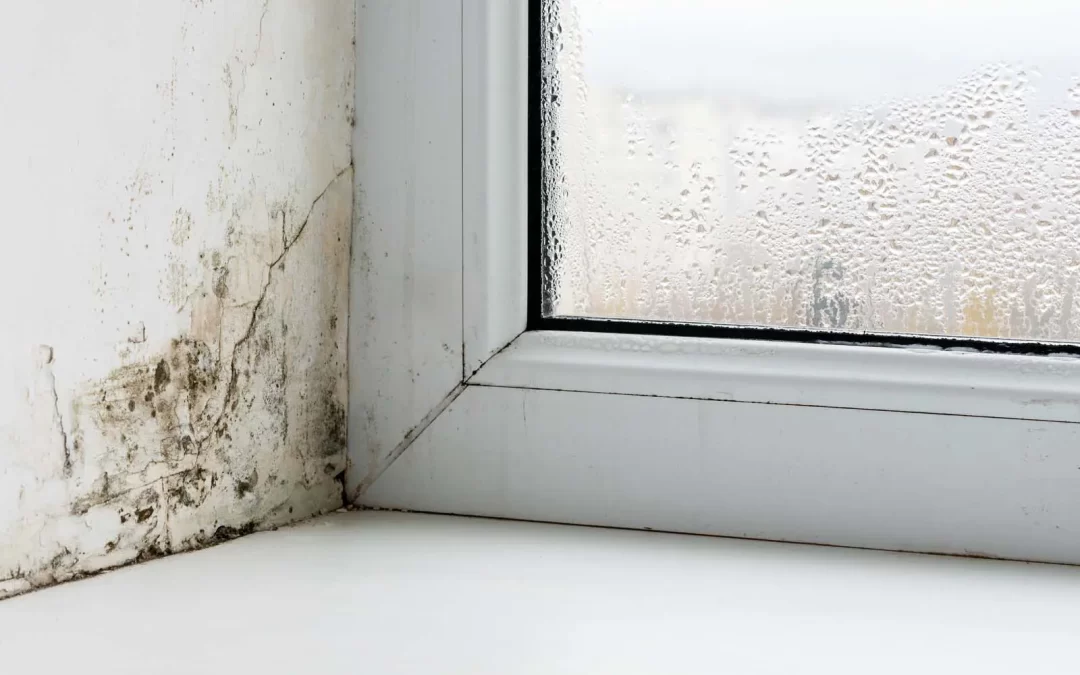
by Brad Graves | Jun 3, 2025 | Home Maintenance Tips
Stay Safe: Your 2025 Guide to Hurricane Preparedness
At Universal Restoration, we know firsthand how devastating hurricane damage can be, because we help Florida families clean up and rebuild after the storm. But the best way to stay safe is, preparation!
Each year, hurricane season runs from June 1 to November 30, bringing the risk of high winds, heavy rain, storm surge, and power outages across Florida. In this article, we’ll share:
- How to avoid last-minute price hikes on supplies
- A checklist of essential hurricane preparedness items
- Links to trusted preparedness resources
Don't wait until a storm is days away
Why Preparing Early Saves You Money
Waiting until a storm is just a few days away? You could end up paying double for the basics. Recent reports show that when a hurricane approaches:
- Bottled water prices jump 25% to 50%
- Generators go up by $200 to $500
- Plywood and tarps increase 30% to 40%
- Flashlights and batteries sell out quickly — with inflated prices on remaining stock
- Pet supplies and canned food see a 10% to 20% spike
Ahead of Hurricane Ian (2022) in the Tampa Bay area. Water cases doubled from $4 to $8 in 72 hours. Basic generators rose 40% in price — from ~$600 to ~$850. Bottom line: Shopping now = lower prices + less stress.
Essential Hurricane Checklist
When a hurricane is approaching, stress levels run high, and it’s easy to forget even the basics. A simple checklist helps you stay organized, avoid last-minute scrambling, and ensure nothing critical is overlooked. Even seasoned Floridians can miss key items when rushing through prep. Writing it down ahead of time gives you peace of mind and keeps your family safer when every minute counts. Here’s a simple checklist you can print and use to help your family stay prepared.
Affordable Hurricane Supplies
Universal Restoration does not endorse any individual stores. Best options will vary based on your location and preferences.
Walmart – Publix – Winn-Dixie -BJ’s Wholesale
Ace Hardware – Home Depot – Harbor Freight – Walmart
Target – Walmart – Amazon – Best Buy
Walmart – Dollar General – Dollar Tree – Publix
Generator, Gas Cans, Tarps
Home Depot – Lowe’s – Harbor Freight – Northern Tool
Tractor Supply – Chewy.com – Pet Supermarket – Walmart
Trusted Hurricane Preparedness Resources
Empower Your Family's Safety
Preparing for hurricanes isn’t about panic, it’s about peace of mind. With a simple plan and the right supplies, you’ll be ready to weather the storm, and you’ll save money by prepping ahead of time.
Even with the best preparation, hurricanes can cause flooding, wind damage, roof leaks, mold, and more. If your home or business is affected, call Universal Restoration. Our expert team is on call 24/7 to respond as soon as it’s safe:
- Water removal & drying
- Mold remediation
- Structural drying
- Storm damage cleanup
- Emergency board-up & tarping
Request service here or call us at 888-449-8936

by admin | May 8, 2025 | Home Maintenance Tips, Water Damage, waterproofing and exteriors
Water damage is one of the most expensive and disruptive threats to commercial properties today. What starts as a slow drip can quickly spiral into soaked drywall, warped floors, ruined electronics, and even mold. The good news? Much of this damage is avoidable with early leak detection and proactive maintenance. By spotting small issues before they become major problems, building owners and managers can save thousands and keep their spaces safe and operational.
The Real Cost of Waiting
According to the Insurance Information Institute, water damage and freezing pipes are the second most common cause of property loss in commercial buildings. It’s not just about repair costs—business interruption, tenant complaints, and increased insurance premiums follow closely behind. A leaky pipe might not seem urgent, but it’s like ignoring a ticking time bomb. One study by SterlingRisk showed that properties without a leak detection system are three times more likely to suffer a major water loss. And when those losses hit, they’re not cheap. On average, a water damage event can cost over $50,000 in repairs and restoration.
Early Detection Saves More Than Money
Beyond reducing repair costs, identifying water leaks early keeps your business running smoothly. A small leak under a sink or behind a wall can go unnoticed for weeks—until it causes structural damage or mold growth. By then, it’s too late for a quick fix. Water leak detection systems monitor water flow, humidity, and temperature in real time. These smart systems instantly alert facility teams when something is off—like water flowing when no one is around or humidity rising in a normally dry room. Banyan Water reports that its commercial clients reduced water-related damage by up to 75% after installing automated leak detection tools. They also saved millions of gallons of water and thousands of dollars in utility bills each year. These systems are more than damage control—they’re a smart investment in sustainability and efficiency.
Better Safety, Fewer Insurance Claims
Water can cause slip hazards, electrical issues, and structural failures. When a leak happens near sensitive equipment or wiring, the risk of fire increases. Early detection limits these dangers by alerting staff before water spreads. Insurers are taking note. SterlingRisk points out that buildings with modern leak detection systems may qualify for lower insurance premiums. That’s because insurers recognize how these tools reduce claims and protect property. In fact, some policies now require leak detection for high-value properties or offer incentives to install them. Waiting until a leak causes major damage can raise premiums or lead to policy exclusions. A few dollars spent on detection can protect your bottom line later.
Prevention Pays Off
It’s tempting to push leak detection to the bottom of your budget list. After all, the ceiling isn’t leaking today. But the data is clear: water damage is predictable, preventable, and expensive when ignored. By investing in early detection, commercial property owners can:
- Prevent costly water damage
- Reduce downtime and business disruption
- Lower insurance premiums
- Improve safety and tenant satisfaction
- Promote sustainable water use
Early action is always cheaper than emergency repairs. In the words of Banyan Water, “You can’t manage what you don’t measure.” So start measuring, detecting, and stopping leaks early—before a drip becomes a deluge. And don’t wait until water damage shows up—call a trusted water damage restoration team like Universal Restoration to schedule an annual inspection and stay ahead of the next leak.

by Brad Graves | Nov 15, 2023 | Home Maintenance Tips, Information
Fire prevention is an essential aspect of property management and personal safety. At Universal Restoration, a leading company in fire and water damage restoration, we want to emphasize the importance of proactive measures to minimize the risk of fire in both residential and commercial properties. Here are some strategies and practices that can help prevent fires and limit the damage they may cause.
Understanding Fire Risks
The first step in preventing fires is understanding the potential risks. Common causes of fires include electrical malfunctions, heating equipment, cooking mishaps, and flammable materials. It’s essential to identify and assess the fire hazards within a property to take the appropriate preventative measures.
Regular Maintenance and Inspections
Routine maintenance of electrical systems, heating equipment, and appliances is crucial. Universal Restoration recommends annual inspections by qualified professionals to ensure everything is in safe working condition. It’s also important to regularly test smoke alarms and replace them every ten years.
Safe Use of Electrical Devices
Overloaded power outlets and the use of damaged cords can lead to electrical fires. Universal Restoration advises against plugging multiple high-energy appliances into a single outlet and recommends the immediate replacement of frayed or damaged cords.
Proper Storage of Flammable Materials
Flammable materials should be stored in well-ventilated areas away from heat sources. Universal Restoration suggests using metal containers for storing flammable liquids and keeping them away from workspaces and living areas.
Safe Cooking Practices
Cooking fires are among the most common household fires. Never leave cooking food unattended, keep flammable objects away from the  stove, and have a fire extinguisher readily available in the kitchen.
stove, and have a fire extinguisher readily available in the kitchen.
Installing and Maintaining Smoke Detectors
Smoke detectors are a first line of defense in fire safety. Install them on every level of your property and inside bedrooms. Test them monthly and change the batteries at least once a year.
Creating and Practicing an Escape Plan
Having an escape plan in case of a fire is vital. Universal Restoration emphasizes the importance of planning multiple escape routes and practicing them with all household members. The NFPA has great resources for families to educate kids and develop an escape plan.
Investing in Fire Suppression Systems
For commercial properties, investing in automatic sprinkler systems can significantly reduce the damage a fire can cause. Universal Restoration points out that modern sprinkler systems are designed to activate only in the areas affected by the fire, minimizing water damage.
Fire prevention requires a multifaceted approach that includes maintenance, education, and preparation. By following Universal Restoration’s advice and investing in fire prevention measures, property owners can significantly reduce the likelihood of a fire and its potential damage. In the unfortunate event of a fire, Universal Restoration’s expert team is ready to restore damaged properties to their pre-loss condition, but they hope that through education and prevention, the need for such services can be minimized.

by Brad Graves | Jul 17, 2023 | Home Maintenance Tips
A healthy home is essential for our overall well-being, and one of the biggest threats to a healthy living environment is mold. Mold growth not only affects the aesthetics of our homes but can also have severe health implications. Excess humidity can be a major factor in mold growth and here in Florida, humidity often reaches 90%. Fortunately, there are several proactive measures you can take to prevent mold growth and ensure a safe and mold-free living space. Here are some effective strategies to help you avoid mold in your home.
1. Maintain Proper Ventilation:
Good ventilation plays a vital role in preventing mold growth. Stagnant air encourages moisture buildup, which creates an ideal breeding ground for mold. To improve ventilation:
- Open windows regularly to allow fresh air to circulate throughout your home.
- Use exhaust fans in kitchens, bathrooms, and other areas prone to high humidity.
- Install vent fans in your attic to reduce condensation and maintain airflow.
2. Control Moisture Levels:
Excess moisture is a significant contributor to mold growth. By managing moisture effectively, you can significantly reduce the chances of mold formation. Here’s how:
- Fix any leaks in pipes, faucets, or the roof promptly.
- Keep your home properly insulated to prevent condensation on walls and windows.
- Use a dehumidifier in areas with high humidity, such as basements or bathrooms.
- Avoid overwatering indoor plants and ensure proper drainage.
- Wipe off any condensation on windows and surfaces regularly.
3. Monitor and Address Humidity:
Humidity levels play a crucial role in mold prevention. Ideally, indoor humidity should be kept between 30% and 60%. To maintain appropriate humidity levels:
- Use a Hygrometer (available on Amazon) to measure humidity and monitor levels regularly.
- If humidity exceeds 60%, employ dehumidifiers or air conditioners to reduce moisture.
- Empty and clean dehumidifier collection trays regularly to prevent mold growth.
4. Properly Insulate and Ventilate Bathrooms:
Bathrooms are prone to high humidity due to steam from hot showers and baths. To prevent mold growth in your bathroom:
- Use exhaust fans or open windows while bathing to remove excess moisture.
- Regularly clean bathroom surfaces to prevent mold growth.
- Ensure the bathroom is adequately insulated to prevent condensation on walls.
5. Regularly Clean and Inspect:
Regular cleaning and inspections are crucial to prevent mold growth and catch any signs of mold early on. Here are some important steps:
- Clean and dry spills, leaks, or flooding within 24-48 hours to minimize the chance of mold growth.
- Regularly inspect hidden areas like crawl spaces, and attics for any signs of leaks, water damage, or mold growth.
- Clean and disinfect bathroom surfaces, kitchen counters, and other areas prone to moisture regularly.
- Use mold-resistant cleaning products and avoid using carpets in high-moisture areas.
6. Adequate Air Circulation:
Proper air circulation helps prevent moisture buildup and creates an inhospitable environment for mold growth. Consider these tips:
- Arrange furniture to allow air to flow freely and prevent blocking vents or air registers.
- Leave space between walls and furniture to facilitate air circulation.
- Avoid overcrowding closets or storage spaces to promote ventilation.
Mold growth can have detrimental effects on your home and health, but with the right preventive measures, you can significantly reduce the risk. By maintaining proper ventilation, controlling moisture levels, monitoring humidity, properly insulating and ventilating bathrooms, regularly cleaning and inspecting, and ensuring adequate air circulation, you can create an environment that is less conducive to mold growth. If the case arises where you do discover mold in your home, don’t try to tackle the problem alone. Universal Restoration are experts in mold remediation. Our team will come inspect the problem and you’ll be well on your way to enjoying a clean, healthy, and mold-free home. Call us today or click here for more info
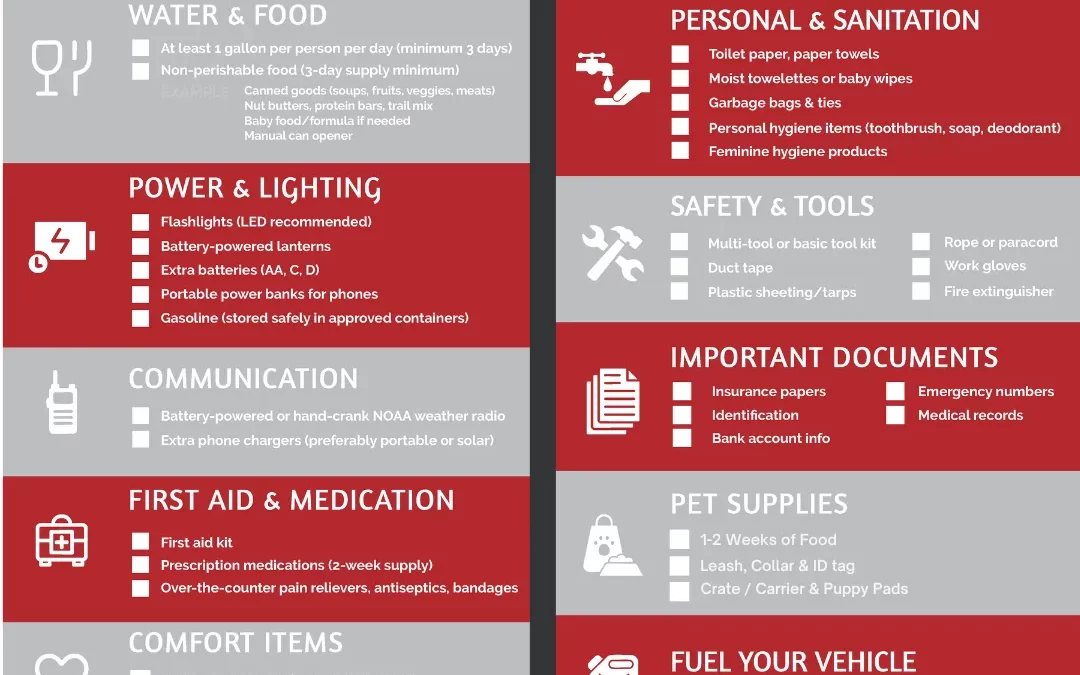

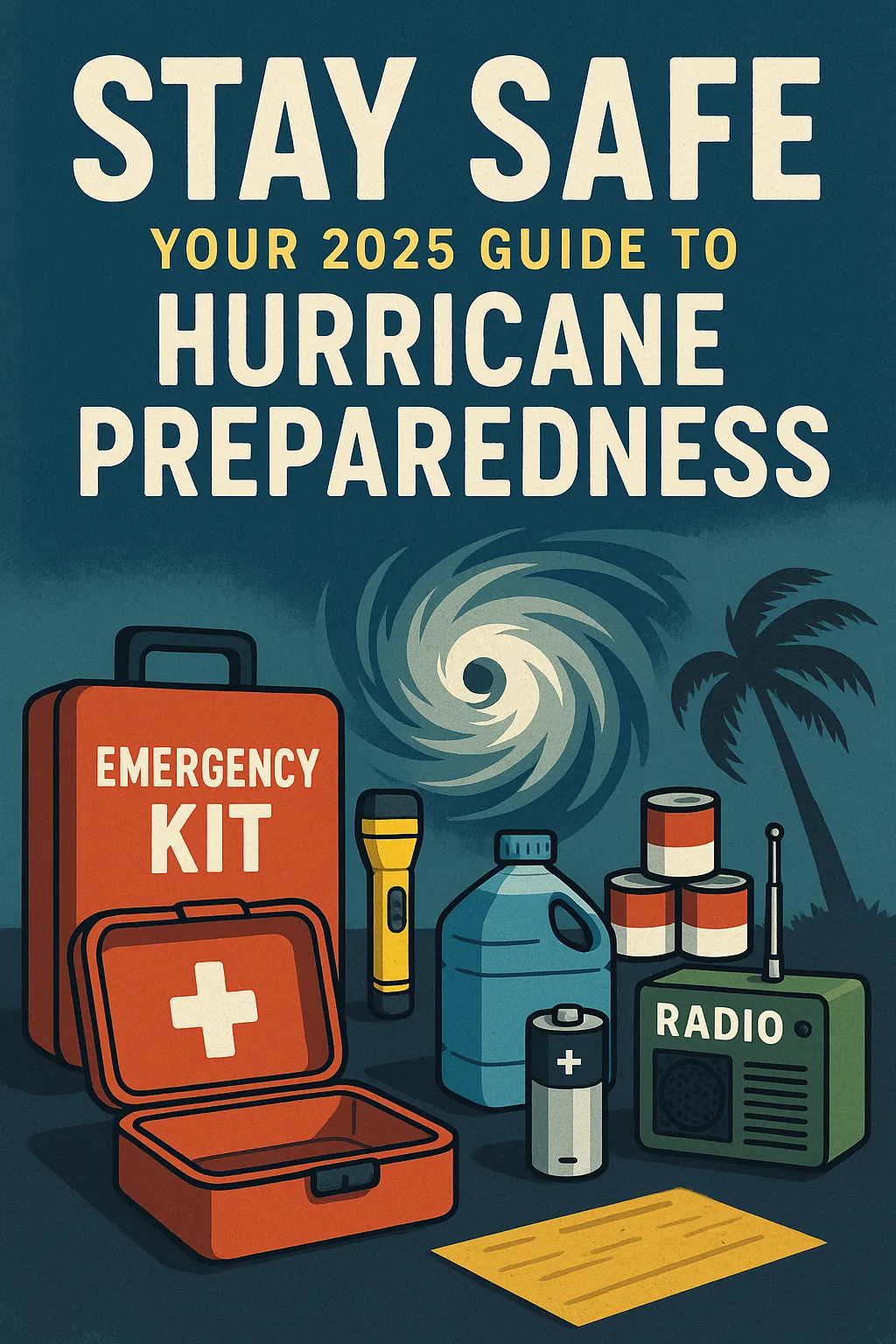

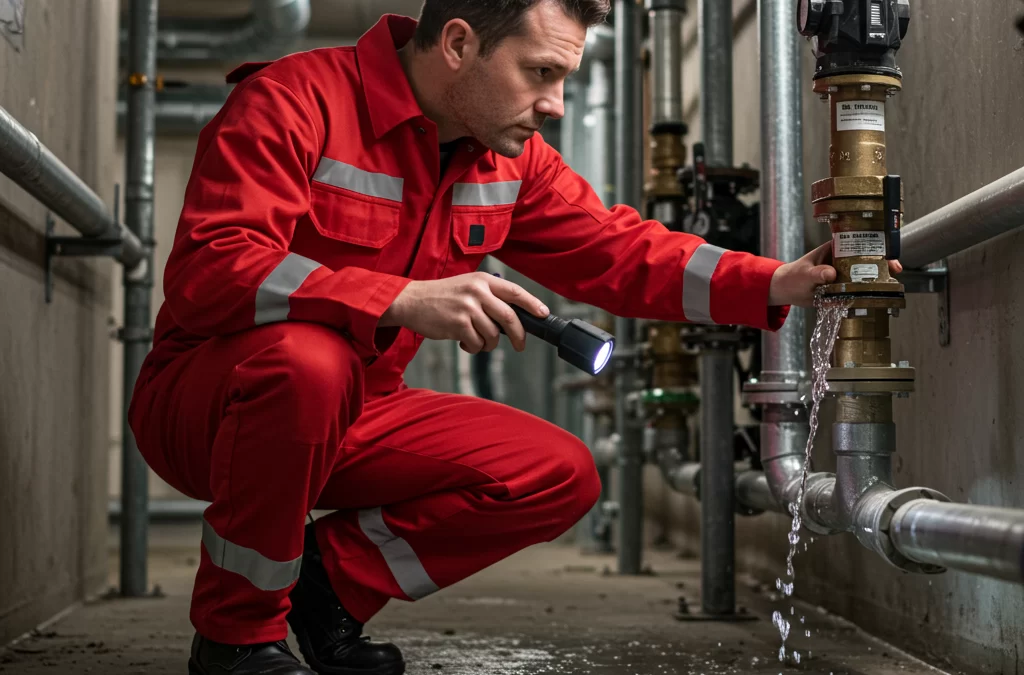
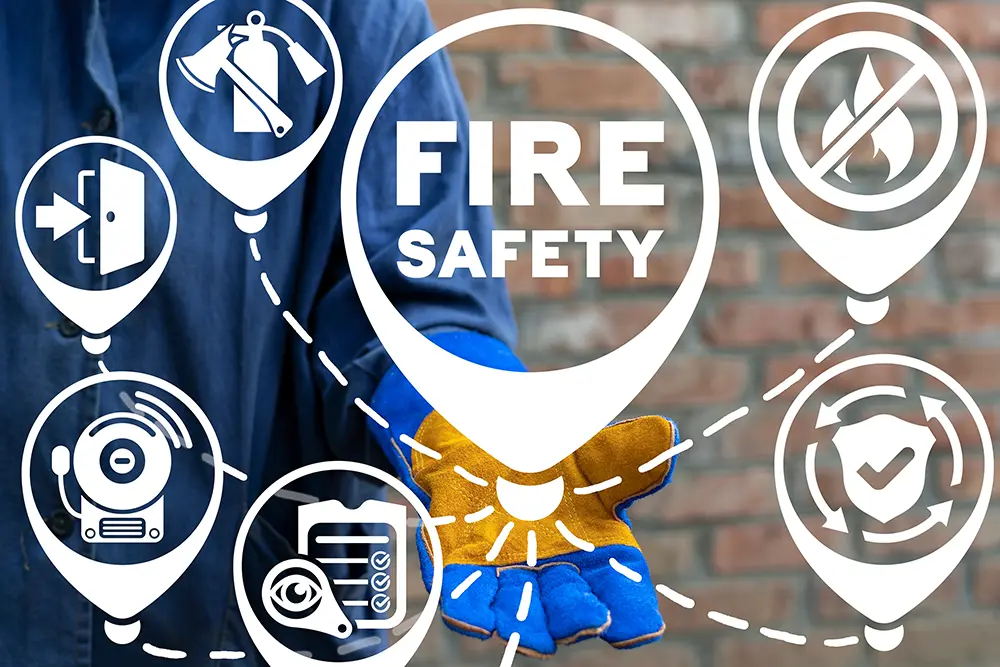
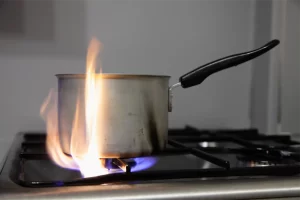 stove, and have a fire extinguisher readily available in the kitchen.
stove, and have a fire extinguisher readily available in the kitchen.